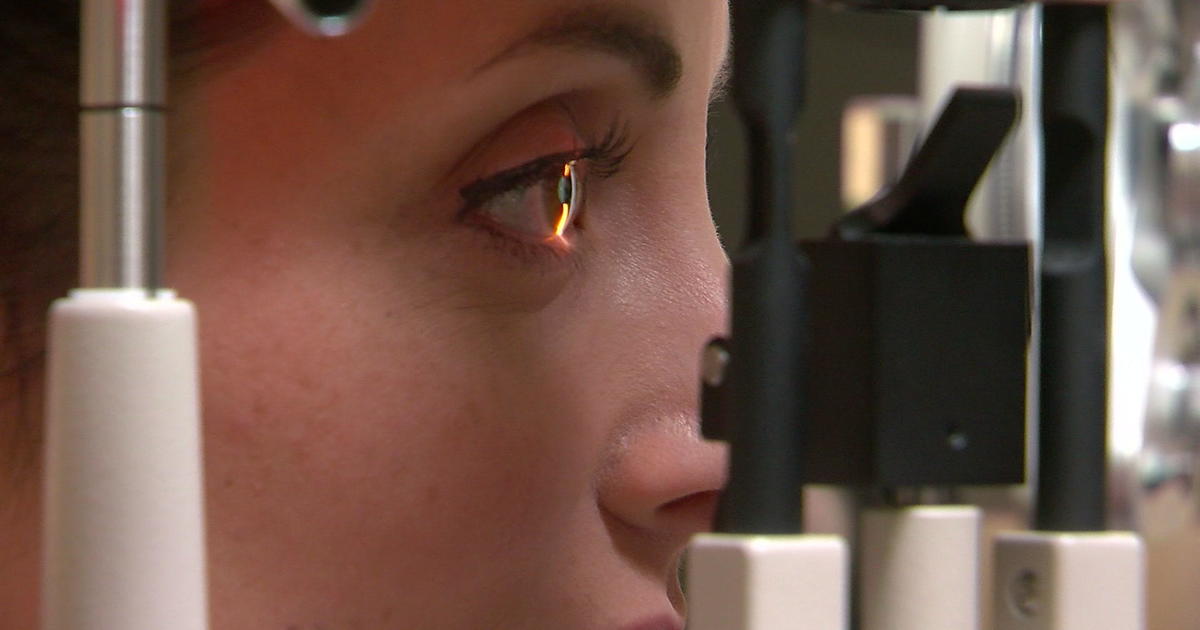Lone Star Tick Can Cause Beef Allergy
PITTSBURGH (KDKA) - It was just a small tick on her foot - just part of working in the woods, September Norman thought.
"My husband took it off with a pair of tweezers, didn't think anything else about it," Norman said.
Then weeks later, she woke up in the middle of the night swollen with hives and unable to breathe.
"They said I was probably 20 minutes from dying at that point, so it was scary, one tick," Norman said.
Eventually, doctors figured out Norman had developed a severe food allergy. That lone tick bite left her completely unable to eat red meat.
"It's actually called the unintentional diet," she said. "This is to the point that if I didn't make those changes, I'd die."
Doctors are seeing more and more of this rare allergy, which is actually not against the meat, but a sugar on red meat called alpha gal.
"It's very new. This disease is really first described in 2008," allergist Dr. James DeAngelo said.
Alpha gal is also in the saliva of the biting tick, which is how the allergy starts.
All mammals carry the sugar, except primates. Humans are primates, and therefore react against the sugar in other mammalian meat. Steaks and burgers could cause a problem, but not chicken or fish.
"It's also dose dependent. Unlike the peanut allergy, where even a little drop can cause a reaction, this case, it's very hard to reproduce. In other words, the person has to consume enough beef to produce an allergic reaction, and then you have to wait, [up to eight] hours afterwards to confirm the reaction," Dr. DeAngelo explains.
The Lone Star tick is seen mostly in the eastern and southeastern United States. Its area is expanding and includes Pennsylvania.
Dr. DeAngelo says local tick analysis has not shown any here in Allegheny County, though residents have found the tick on themselves, but it's thought to be brought from other areas.
The allergy can be confirmed with blood tests, though these aren't FDA approved yet, and could be a big out-of-pocket expense. There are no shots or tablets available for densensitization. But the allergy can be self-limited.
"Fortunately, it does go away. In the majority of the cases, if the person avoids future tick bites it will gradually diminish over time," DeAngelo said.
You May Also Be Interested In These Latest News Stories
Join The Conversation On The KDKA Facebook Page
Stay Up To Date, Follow KDKA On Twitter



